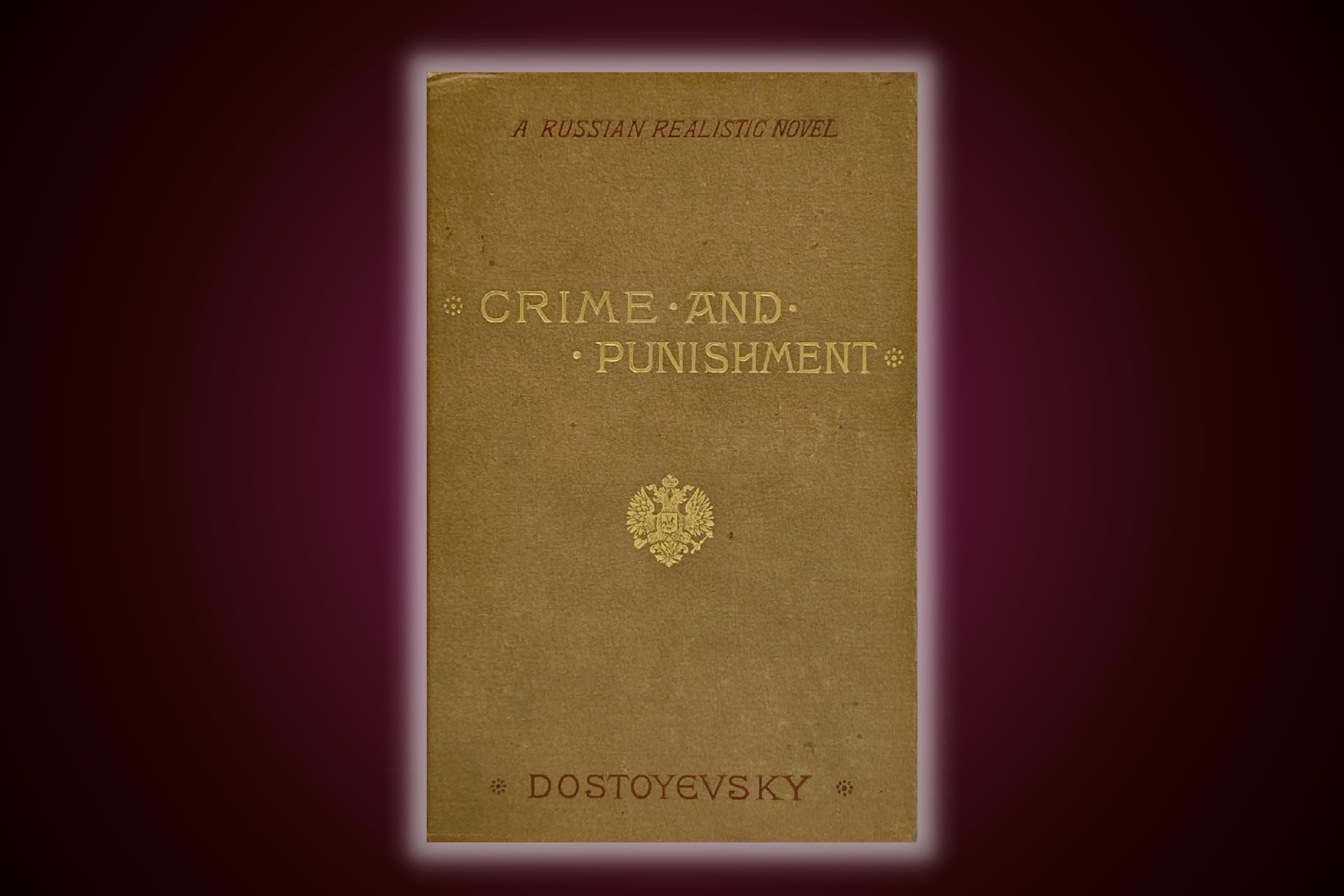On the one hand, there’s very little mystery to Fyodor Dostoevsky’s 1867 Russian masterpiece—the protagonist, a destitute former law student named Raskolnikov, commits the titular crime on approximately page 75 of 500. On the other hand, the rest of the story—the punishment—is like walking a highwire over the Grand Canyon while trying to shave with a straight razor.
Crime and Punishment, first translated into English by Fred Wishaw in 1886, is not a courtroom drama. Dostoevsky is less concerned with the legal ramifications of capital crime than he is the psychological torture the killer inflicts on himself. It’s hard to overstate the influence of this novel. The focus on the protagonist’s core belief system—that he’s doing what needs to be done for the good of society despite his actions being well outside the law—and the psychic trauma he must negotiate as a result, was a revelation at the time, and has made the novel a staple of great-books lists that cut across all genres. Dostoevsky’s finely developed concept of the inherent slipperiness of the moral slope also forms the building blocks of many great crime thrillers of the 20th and 21st centuries. —Elijah Wolfson
Buy Now: Crime and Punishment on Bookshop | Amazon
- Inside Elon Musk’s War on Washington
- Meet the 2025 Women of the Year
- The Harsh Truth About Disability Inclusion
- Why Do More Young Adults Have Cancer?
- Colman Domingo Leads With Radical Love
- How to Get Better at Doing Things Alone
- Cecily Strong on Goober the Clown
- Column: The Rise of America’s Broligarchy
